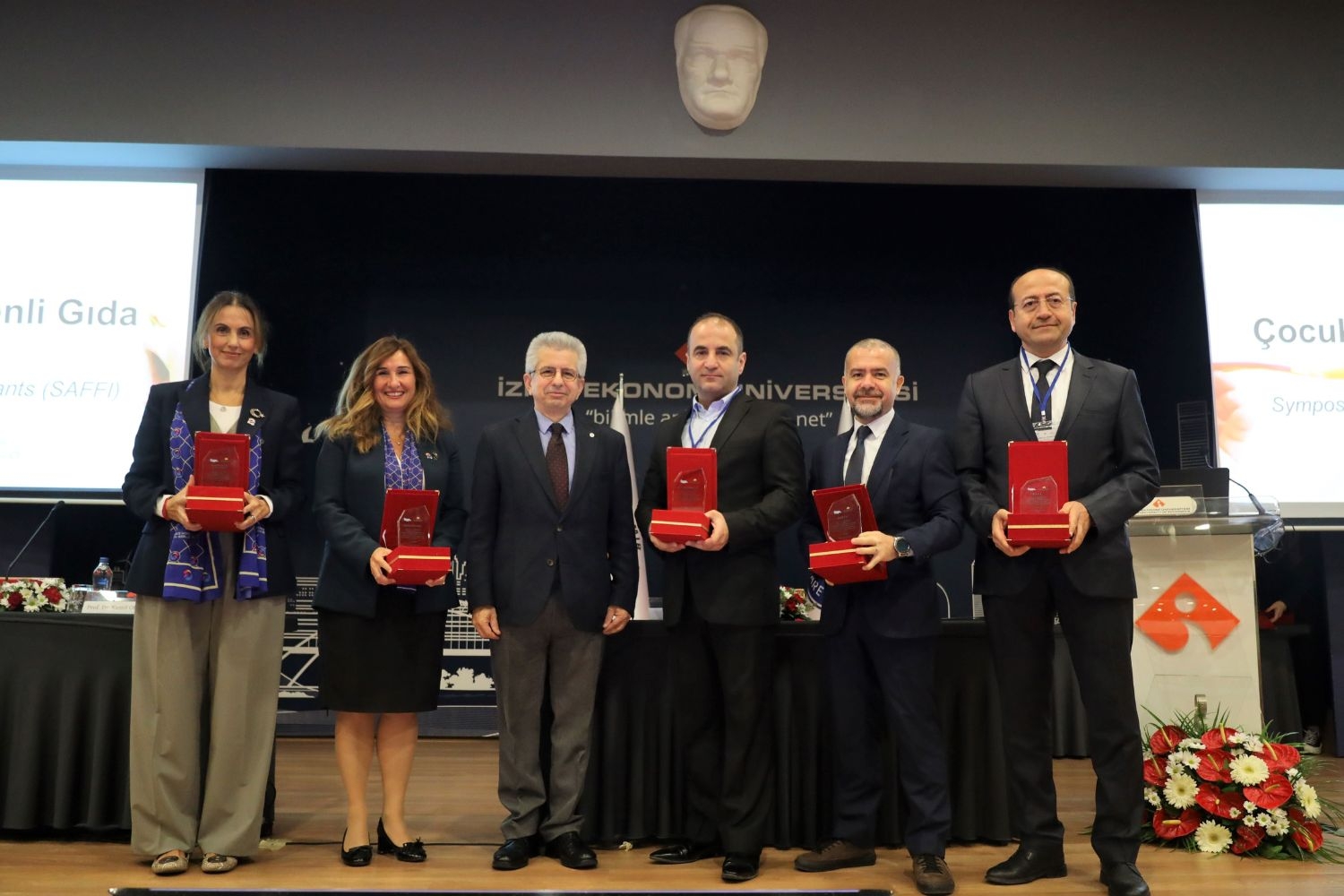
...

...
VOCATIONAL SCHOOL OF HEALTH SERVICES
Department of Child Development| Course Name |
Child’s Mental Health
|
|
Code
|
Semester
|
Theory
(hour/week) |
Application/Lab
(hour/week) |
Local Credits
|
ECTS
|
|
CG 204
|
Spring
|
3
|
0
|
3
|
4
|
| Prerequisites |
None
|
|||||
| Course Language |
Turkish
|
|||||
| Course Type |
Required
|
|||||
| Course Level |
Short Cycle
|
|||||
| Mode of Delivery | face to face | |||||
| Teaching Methods and Techniques of the Course | DiscussionCase StudyGuest SpeakerLecture / Presentation | |||||
| National Occupation Classification | - | |||||
| Course Coordinator | ||||||
| Course Lecturer(s) | ||||||
| Assistant(s) | - | |||||
| Course Objectives | The aim of this course is to make the students learn to identify definition and importance of child mental health, follow mental health theories, defense mechanisms, psychological, emotional, habituation, behavior and adjustment problems in children and the methods used in child mental health. |
| Learning Outcomes |
The students who succeeded in this course;
|
| Course Description | This course includes the definition of child mental health, adjustment and maladjustment in children, problematic behaviors in children, guidance, ethical principles and rights, and treatment methods in child mental health. |
| Related Sustainable Development Goals |
|
|
Core Courses |
X
|
| Major Area Courses | ||
| Supportive Courses | ||
| Media and Management Skills Courses | ||
| Transferable Skill Courses |
| Week | Subjects | Related Preparation |
| 1 | Criteria for Normality and Pathological Conditions | Savi-Çakar, F. (2017).Yaşam Dönemleri ve Uyum Sorunları, Ankara:Pegem Akademi. 1-23. |
| 2 | Definition and Importance of Mental Health | Sargın, N. (2015) Çocuklarda Ruh Sağlığı. Eğitim Yayınevi .11-25 |
| 3 | Mental Health Theories | Gladding, S.T. Psikolojik Danışma Kapsamlı Bir Meslek 196-245 |
| 4 | Mental Health Theories | Gladding, S.T. Psikolojik Danışma Kapsamlı Bir Meslek s:196-245 |
| 5 | Taking a Medical History (Anamnesis) | Gladding, S.T. Psikolojik Danışma Kapsamlı Bir Meslek s:196-245 |
| 6 | Defense Mechanisms | Gladding, S.T. Psikolojik Danışma Kapsamlı Bir Meslek s:196-245 |
| 7 | Movie related to Mental Health and discussion | |
| 8 | Midterm Exam | |
| 9 | Psychiatric Disorders in Children | Sargın, N. (2015) Çocuklarda Ruh Sağlığı. Eğitim Yayınevi s.45-72 |
| 10 | Emotional Disorders in Children | Sargın, N. (2015) Çocuklarda Ruh Sağlığı. Eğitim Yayınevi s.73-106. |
| 11 | Movie and discussion about Psychiatric Disorders in children | |
| 12 | Adaptation and Behavioral Disorders During Childhood | Savi-Çakar, F. (2017).Yaşam Dönemleri ve Uyum Sorunları, Ankara: Pegem Akademi. 73-114. |
| 13 | Methods Used in Child’s Mental Health | Sargın, N. (2015) Çocuklarda Ruh Sağlığı. Eğitim Yayınevi s.139-145. |
| 14 | Guidance and Ethics and Rights | Sargın, N. (2015) Çocuklarda Ruh Sağlığı. Eğitim Yayınevi s.139-145. |
| 15 | Semester Review | |
| 16 | Final Exam |
| Course Notes/Textbooks | • Sargın, N. (2015) Çocuklarda Ruh Sağlığı. Özgür Yayınları. ISBN: 9786054392742 • Austin, V.L., Sciarra, D.T. (2015). Çocuk ve Ergenlerde Duygusal ve Davranışsal Bozukluklar ISBN:978-605-133-177-5 • Gladding, S.T. Psikolojik Danışma Kapsamlı Bir Meslek. Nobel Yayıncılık. ISBN:978-605-133-553-7 |
| Suggested Readings/Materials | Cüceloğlu D. (2018).İnsan Ve Davranışı. İstanbul: Remzi Kitabevi. ISBN:978-975-14-1869-2 |
| Semester Activities | Number | Weigthing |
| Participation |
1
|
5
|
| Laboratory / Application | ||
| Field Work | ||
| Quizzes / Studio Critiques |
1
|
10
|
| Portfolio | ||
| Homework / Assignments |
1
|
20
|
| Presentation / Jury | ||
| Project | ||
| Seminar / Workshop | ||
| Oral Exams | ||
| Midterm |
1
|
25
|
| Final Exam |
1
|
40
|
| Total |
| Weighting of Semester Activities on the Final Grade |
4
|
60
|
| Weighting of End-of-Semester Activities on the Final Grade |
1
|
40
|
| Total |
| Semester Activities | Number | Duration (Hours) | Workload |
|---|---|---|---|
| Theoretical Course Hours (Including exam week: 16 x total hours) |
16
|
3
|
48
|
| Laboratory / Application Hours (Including exam week: '.16.' x total hours) |
16
|
0
|
|
| Study Hours Out of Class |
15
|
1
|
15
|
| Field Work |
0
|
||
| Quizzes / Studio Critiques |
1
|
13
|
13
|
| Portfolio |
0
|
||
| Homework / Assignments |
2
|
8
|
16
|
| Presentation / Jury |
0
|
||
| Project |
0
|
||
| Seminar / Workshop |
0
|
||
| Oral Exam |
0
|
||
| Midterms |
1
|
15
|
15
|
| Final Exam |
1
|
18
|
18
|
| Total |
125
|
|
#
|
Program Competencies/Outcomes |
* Contribution Level
|
|||||
|
1
|
2
|
3
|
4
|
5
|
|||
| 1 |
To have the required contemporary theoretical and practical knowledge in his/her field |
-
|
-
|
X
|
-
|
-
|
|
| 2 |
To use the material and technology related to his/her field, and make their maintenance, use the information and communication technologies at basic level |
-
|
-
|
-
|
-
|
-
|
|
| 3 |
To have the competency to recognize the problems in his/her field, analyze them, develop evidence-based solutions and have the ability to share their suggestions with others |
-
|
-
|
X
|
-
|
-
|
|
| 4 |
To be aware of legal responsibilities, conduct basic studies in her/his field independently |
-
|
-
|
-
|
-
|
-
|
|
| 5 |
To communicate with patients, relatives and colleagues properly, comprehensively, honestly and explicitly, transfer his/her thoughts and knowledge through written and oral communication |
-
|
-
|
-
|
-
|
-
|
|
| 6 |
To take responsibility as an active team member during the practices in his/her field |
X
|
-
|
-
|
-
|
-
|
|
| 7 |
To commentate and evaluate the scientific information with a critical approach by the help of knowledge gained in his/her field |
X
|
-
|
-
|
-
|
-
|
|
| 8 |
To comprehend the importance of lifelong learning, to determine and meet her/his learning needs, to develop herself/himself by monitoring the development in science and technology |
-
|
-
|
-
|
-
|
-
|
|
| 9 |
To act by considering the universal ethical values, social and cultural characteristics |
-
|
X
|
-
|
-
|
-
|
|
| 10 |
To know the concepts of occupational safety, patient safety, environmental protection and quality, and fulfill the requirements |
-
|
-
|
-
|
-
|
-
|
|
| 11 |
To be able to follow information in his field and communicate with colleagues in English at least a level of European Language Portfolio A2 General Level |
-
|
-
|
-
|
-
|
-
|
|
| 12 |
To have the skills of improving the development and learning of children with special needs |
X
|
-
|
-
|
-
|
-
|
|
| 13 |
To plan and carry out activities for development of people under their responsibility |
-
|
-
|
-
|
-
|
-
|
|
*1 Lowest, 2 Low, 3 Average, 4 High, 5 Highest

...

...

As Izmir University of Economics transforms into a world-class university, it also raises successful young people with global competence.
More..Izmir University of Economics produces qualified knowledge and competent technologies.
More..Izmir University of Economics sees producing social benefit as its reason for existence.
More..